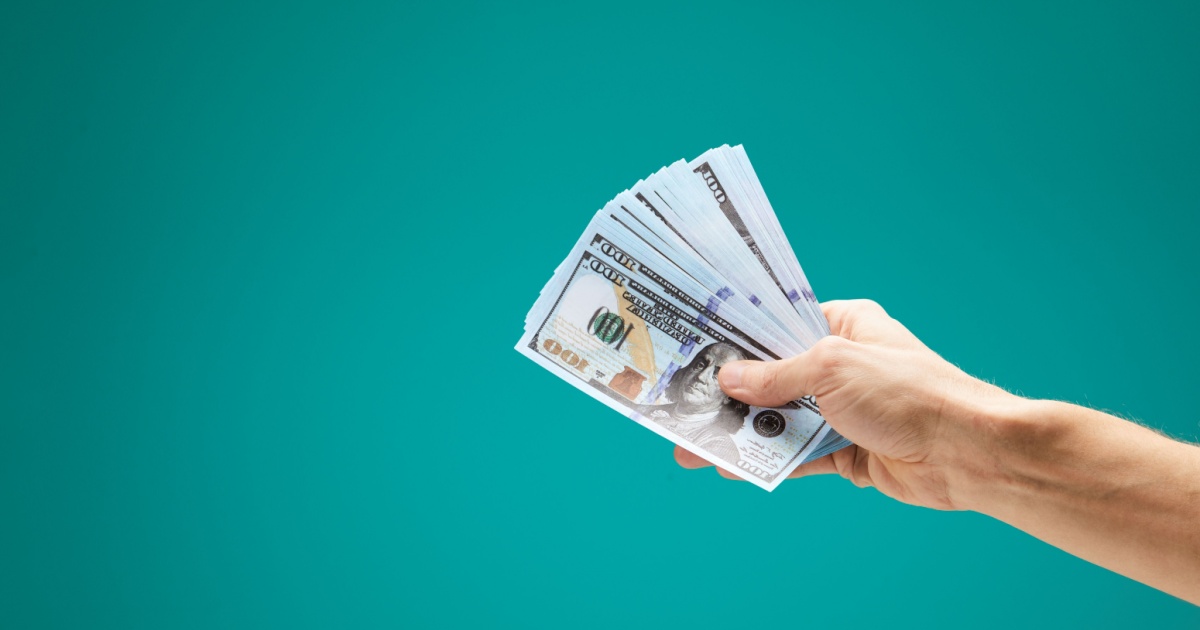In July, OpenResearch released the results of its Unconditional Cash Study. This study is the largest unconditional cash study to date, and the results have shown that increased access to cash does improve financial well-being and savings. The results of this study have provoked dialogue concerning the role of unconditional cash and universal basic income (UBI), particularly as technology continues to improve.
The Stanford Basic Income Lab defines UBI as “a regular cash payment to all members of a community, without a work requirement or other conditions.” By its true definition, UBI payments must be recurrent (e.g., every month), a cash payment, universal (paid to all), individual (not household-based) and unconditional.
In recent years, the concept of UBI has swiftly moved from a largely utopian concept to a policy that politicians and business leaders, particularly in tech, have increasingly supported. Notably, Andrew Yang proposed a monthly “Freedom Dividend” of $1,000 during his 2020 campaign for the U.S. Democratic presidential nomination.
However, unconditional cash studies are not to be confused with UBI—which, in its truest definition, must be paid to everyone.
As the concept of unconditional cash has moved closer from a pipe dream to reality, more studies are testing the concept. The Stanford Basic Income Lab provides a dashboard to visualize data from over 30 guaranteed income pilots nationwide.
Now that there are more results to play with, one question we had is whether access to unconditional cash would give people the freedom to dream big and pivot into entrepreneurship. But the answer is quite complicated.
The techno-utopian imagination
Many argue that with today’s rapid advancements in technology, UBI may be the solution to job displacement that will inevitably occur (and already is occurring, in many cases) due to advancements in AI technology. In fact, leaders of big tech companies are often the most vocal supporters of UBI. Sam Altman of OpenAI, Twitter (now X) co-founder Jack Dorsey and Elon Musk have all endorsed the policy.
OpenResearch grew out of the tech accelerator Y Combinator, which Altman previously ran. Although it is not directly affiliated with OpenAI, it has received funding from both Altman and OpenAI’s nonprofit arm. But despite its relationship with Altman and OpenAI, OpenResearch itself has provided no comment on how AI and UBI intersect—or on the future of work in general.
“The goal of this research is to understand how unconditional cash transfers affect people across various outcomes like health, labor and effects on children,” research director Elizabeth Rhodes told SUCCESS in an email. “Our participants’ household income at the time of enrollment was, on average, less than $29,000. Our research is not connected in any way to AI or its effects on work.”
Unconditional cash and entrepreneurship
One question that many have asked is how access to cash affects entrepreneurship.
The OpenResearch study randomly assigned either $50 or $1,000 monthly unconditional cash payments to participants from November 2020 to October 2023. It showed some promising results concerning participants’ desire to start a business but not the actual business startup. However, higher income participants were more likely to take the plunge.
“Although recipients who had lower household incomes at enrollment reported more interest in starting a business, recipients who had higher household incomes at enrollment were more likely to report purchasing business materials,” Rhodes says. “This suggests that although the cash had an effect on entrepreneurial interest and mindset for recipients on average, those who were in better financial positions at the start of the transfers were more likely to be able to act upon these interests.”
In general, the study data found that most of the cash transfers were spent on needs compared to wants and that higher income households were significantly less likely to spend more in general compared to lower income households, suggesting that the higher income individuals were more likely to have met those needs already.
But there are other factors that affect whether individuals are likely to act upon their entrepreneurial visions. There is more to entrepreneurship than access to money, especially for Black and female entrepreneurs.
“Further research on Black and female recipients would provide additional data on necessary conditions that sustain business long term or might lead to profitability,” Rhodes says. “It would also be interesting to look at the effects of offering additional resources—even just informal advice or connections to existing resources—to individuals who express interest in starting a business to see if additional information or non-monetary support would facilitate more entrepreneurial activity.”
The current findings are not peer reviewed and are only a preliminary analysis of data.
“Our current project on unconditional cash transfers will be ongoing, including the analysis of additional topic areas and a goal of making the de-identified data set publicly available,” Rhodes adds. “OpenResearch will continue to work on the big, open-ended questions that require uniquely interdisciplinary, comprehensive or long-term research.”
Photo by wertinio/Shutterstock.com
#Universal #Basic #Income #Improve #Entrepreneurship
